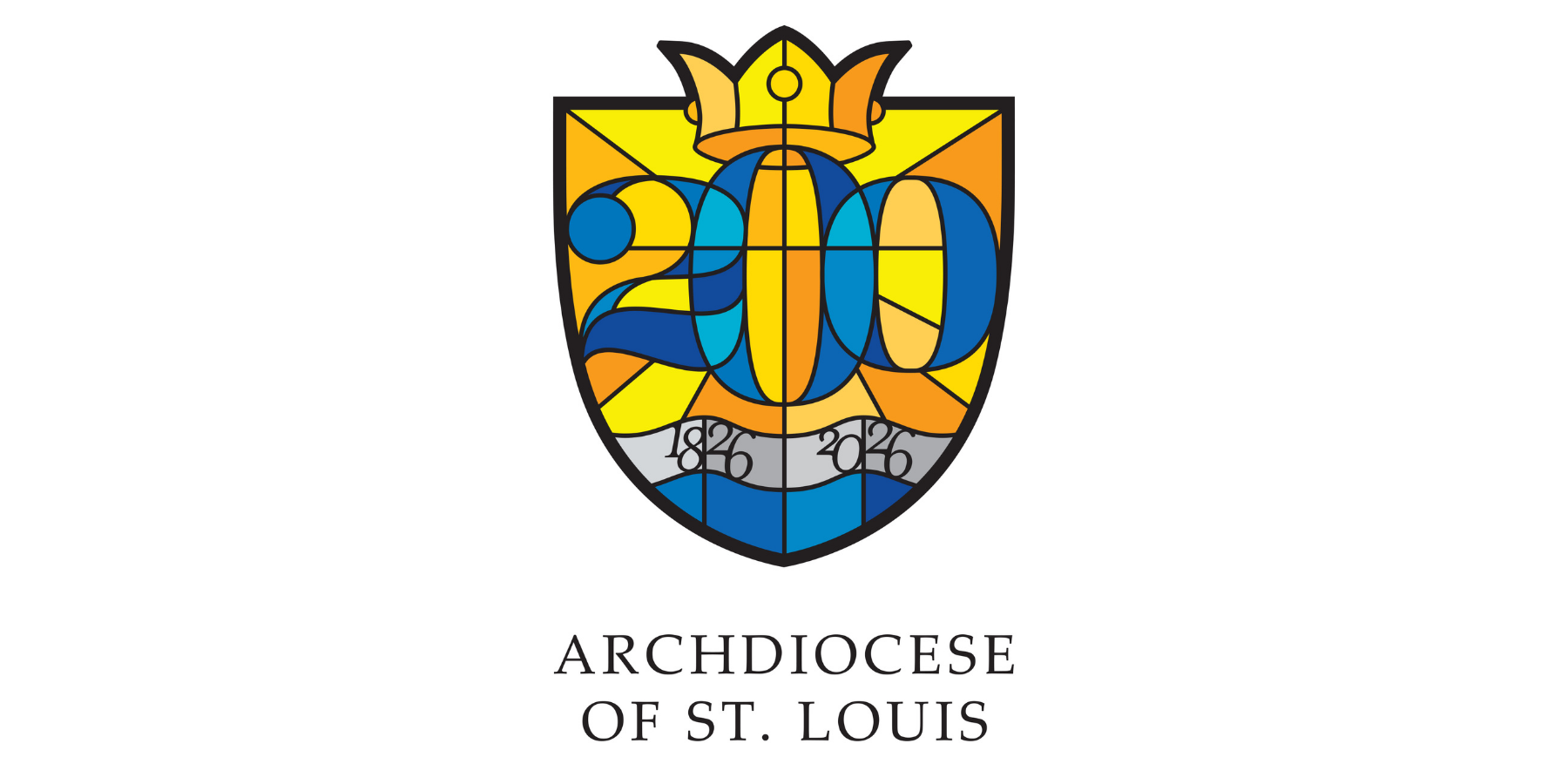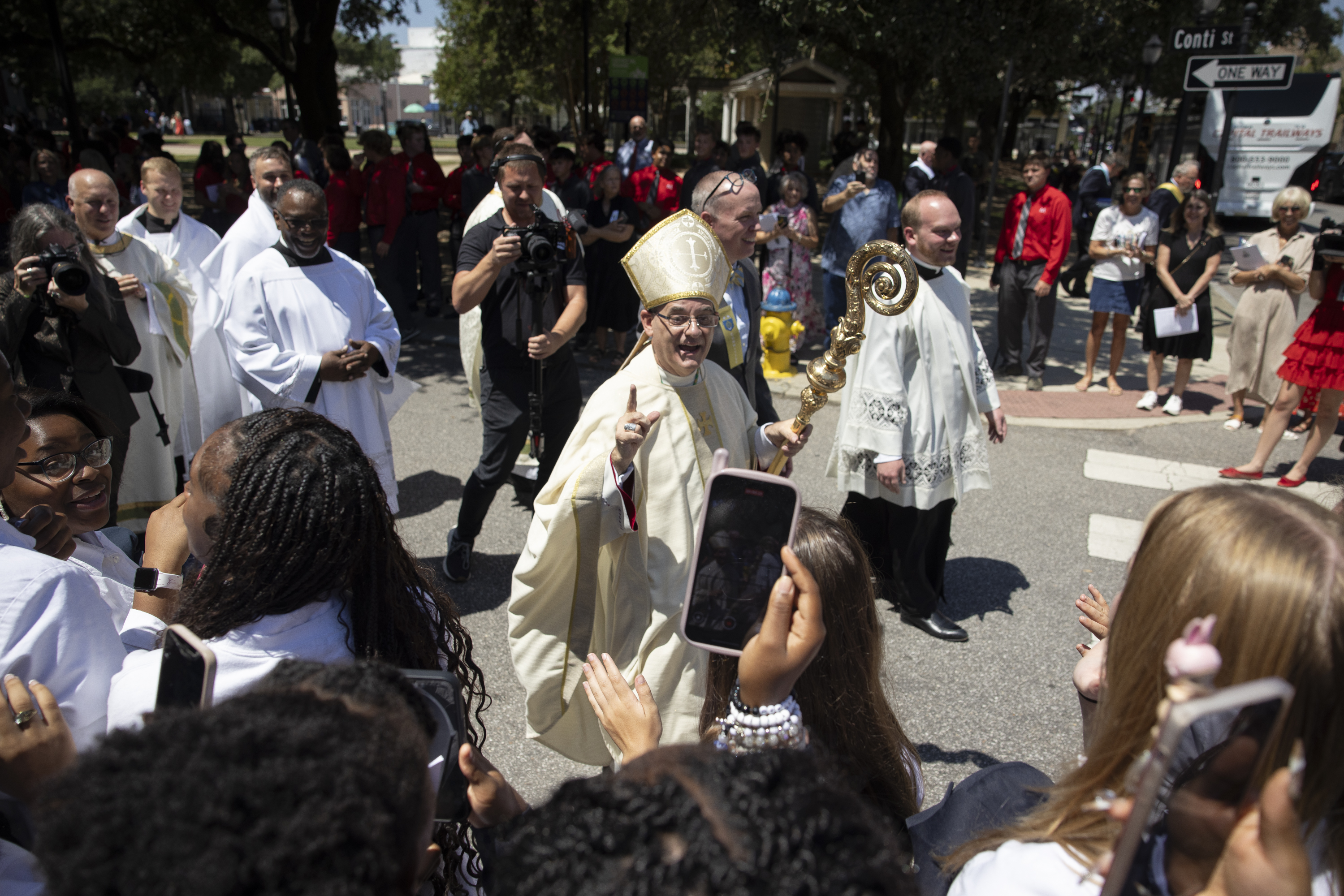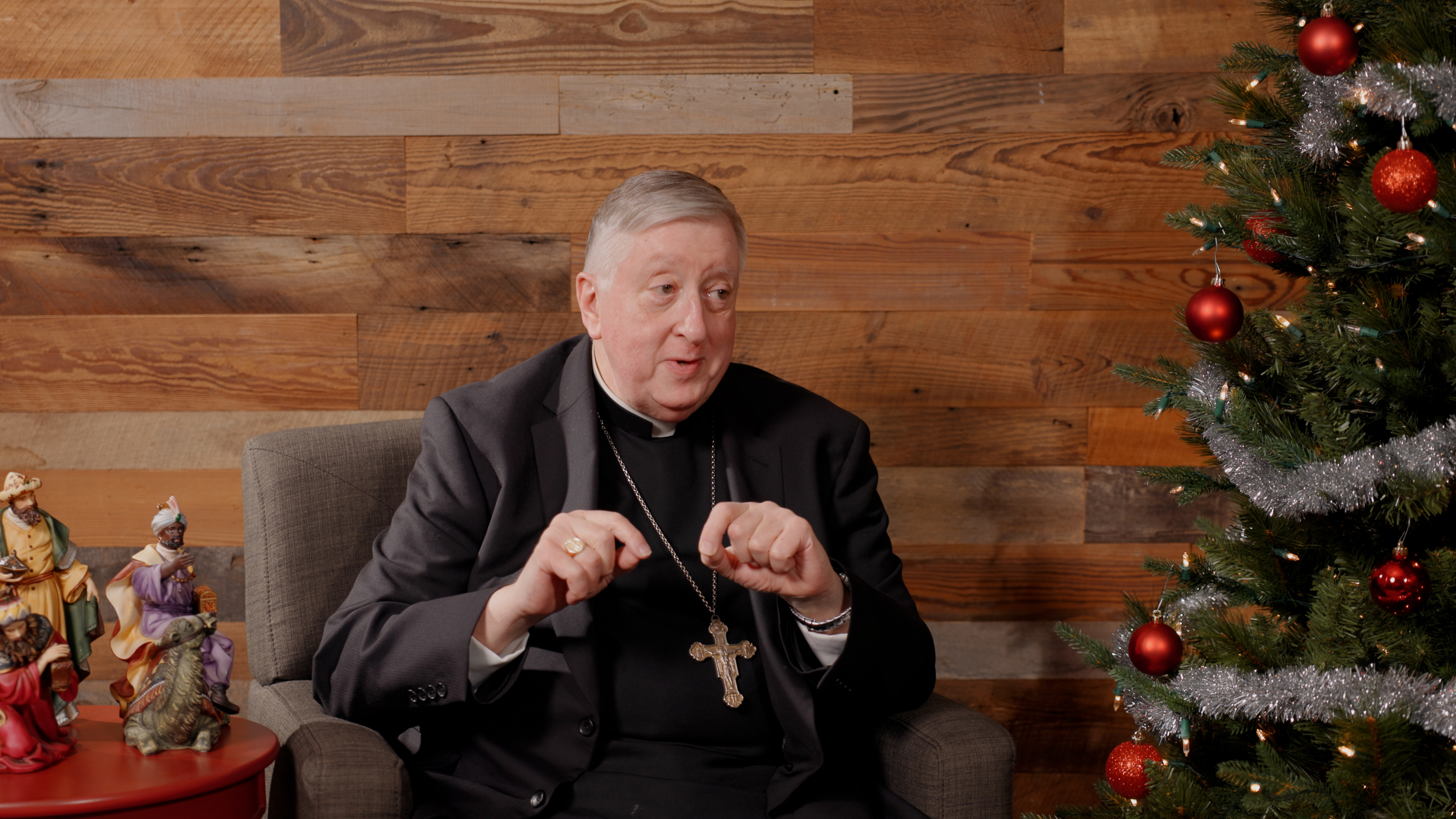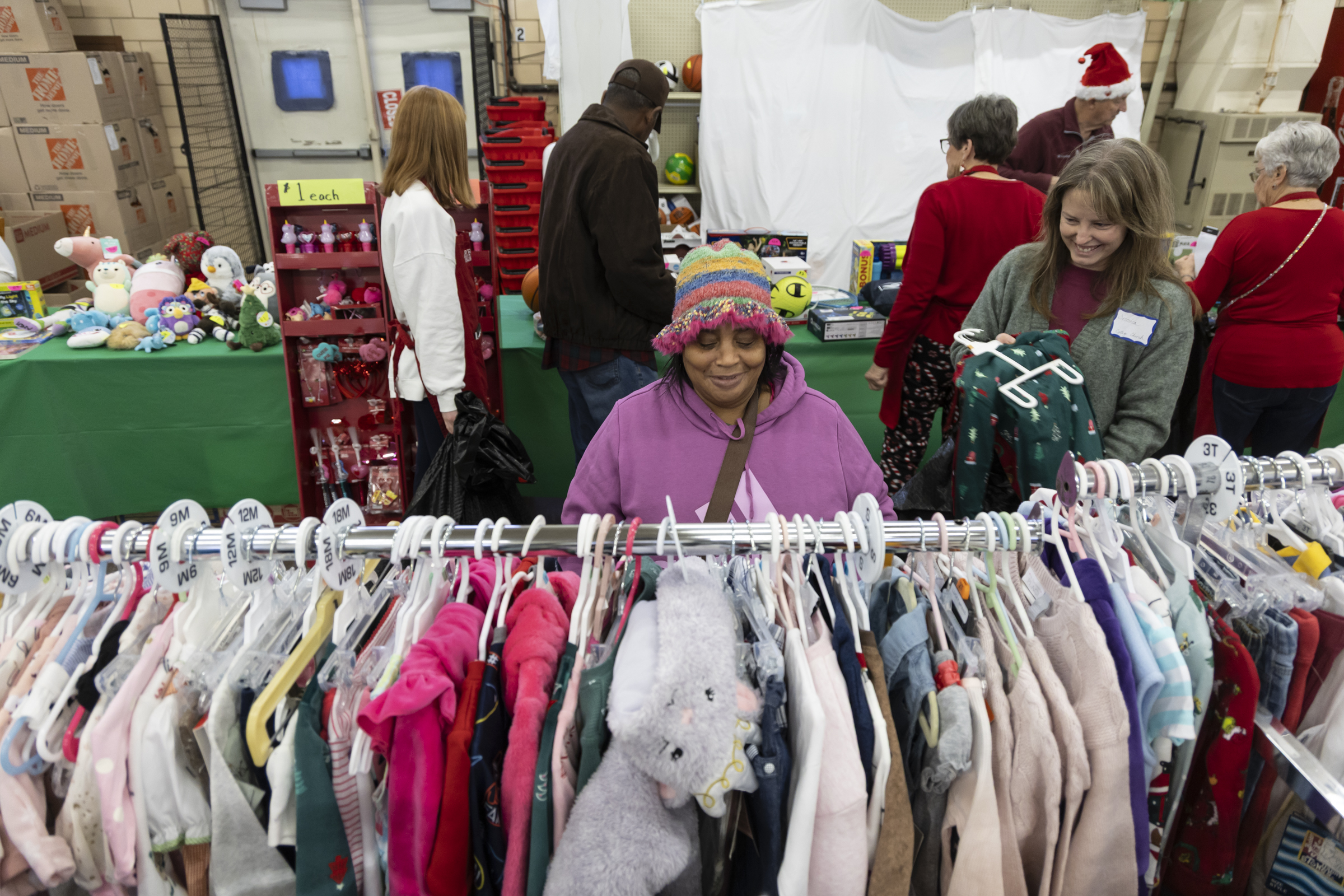New youth ministry policy seeks to create safe environment for teens, youth ministers

From April 2013:
A new archdiocesan policy geared toward parish-based youth ministers seeks to provide a safe and healthy environment that will allow teens to grow in their faith.
The policy, which debuted this month, took about three years to craft, through the collaboration of the archdiocesan Catholic Youth Apostolate’s Office of Youth Ministry and the archdiocesan Office for Child and Youth Protection. The policy complements the requirement that all adults who work with minors in the archdiocese undergo training in the Safe Environment Program.
The policy addresses topics including electronic communications and social media, transportation of youths and relationships between adult youth ministers and minors. The archdiocese held several information sessions earlier this month to explain the policy to youth ministers.
Father Brian Fischer, executive director of the Catholic Youth Apostolate, said he understands this will prompt changes in the way that some youth ministers serve teens, but “it is for their good and the good of the teens,” he said. “This isn’t so that we can just impose oversight, but ultimately it’s because we care about them and the teens. We need for them to model, as responsible adults, healthy youth ministry.”
Deacon Phil Hengen, director of the Office for Child and Youth Protection, noted that the youth ministry policy is another example of efforts in the archdiocese to protect youths. Those efforts date back to the 1980s, when the archdiocese established the Child Safety Committee. At that time, the committee dealt with issues including transportation of minors. Over the years, the committee has addressed other issues applicable to ministering to young people.
Now with the rapid growth of electronic communications, such as texting, Facebook and email, the need for a formal policy is essential, said Deacon Hengen.
“Like all policies, necessity is the mother of invention,” he said. “Problems in the area of youth ministry have arose and we needed to deal with this, while also doing the vital work of evangelizing people in a safe way.” Several members of the Youth Ministry Office were consulted throughout the process, in helping to understand what it’s like on the ground for those who work in youth ministry, he added.
One of the key points of the policy acknowledges that youth ministers are meant to work as partners with the parents of teens they serve. The policy notes:
“Those serving in Youth Ministry Programs acknowledge that they serve as partners with the parents/guardians of youth participants and are to act as such and respect the decisions of parents/guardians. Transparency is an essential element to Youth Ministry Programs.”
“Parents are the first teachers of the children and primary teachers in the way of faith,” said Father Fischer. “Any youth minister should highlight what they are doing as a benefit to the role of parents forming the children. This is why the transparency is so important, and parents are a part of what is happening.”
Pete Buncher, a youth minister at Assumption Parish in Mattese for nearly six years, welcomes the new policy, noting that it is “on the right track for providing healthy youth ministry.”
Buncher said he works with a team of volunteers, and the policy, for example, has provided him with clear direction on how to screen individuals who will be assisting in a volunteer capacity.
“Our primary goal is to share the Gospel with teenagers,” said Buncher. “A big part of that is discipleship, to teach the message, but also inviting (teens) into the universal call, where they become leaders and evangelists in their schools.”
Buncher said there is a misconception that youth ministers are expected to counsel teens through personal issues, but “our primary goal is to share the Gospel, not to be their counselor or therapist. I have always said that good youth ministry starts at home. There’s no reason why the youth minister should be solely responsible for the spiritual upbringing of a teen. Sometimes, the parents aren’t aware of what’s going on, but our job is to make them aware, if the situation arises.”
Deacon Hengen underscored the importance of viewing youth ministry as a team effort, especially in cases where the parents might not be living up to their role. Youth ministers should rely on the support of their pastor, the Office for Child and Youth Protection, Safe Environment Program, and local authorities and legal help if needed.
“The reality is that not all parents are skilled in the ways of parenting, so if a youth minister runs into that situation where a kid isn’t being parented in the best way, they shouldn’t have to take that on by themselves,” said Deacon Hengen. “A team approach can best address the needs of that child.”
“We hope in some way this policy will promote a positive outlook across the board in the archdiocese,” said Father Fischer. “We’ve done this because we want the safest and healthiest environment for our teens to grow.”
A new archdiocesan policy geared toward parish-based youth ministers seeks to provide a safe and healthy environment that will allow teens to grow in their faith. The policy, which debuted … New youth ministry policy seeks to create safe environment for teens, youth ministers
Subscribe to Read All St. Louis Review Stories
All readers receive 5 stories to read free per month. After that, readers will need to be logged in.
If you are currently receive the St. Louis Review at your home or office, please send your name and address (and subscriber id if you know it) to subscriptions@stlouisreview.com to get your login information.
If you are not currently a subscriber to the St. Louis Review, please contact subscriptions@stlouisreview.com for information on how to subscribe.







